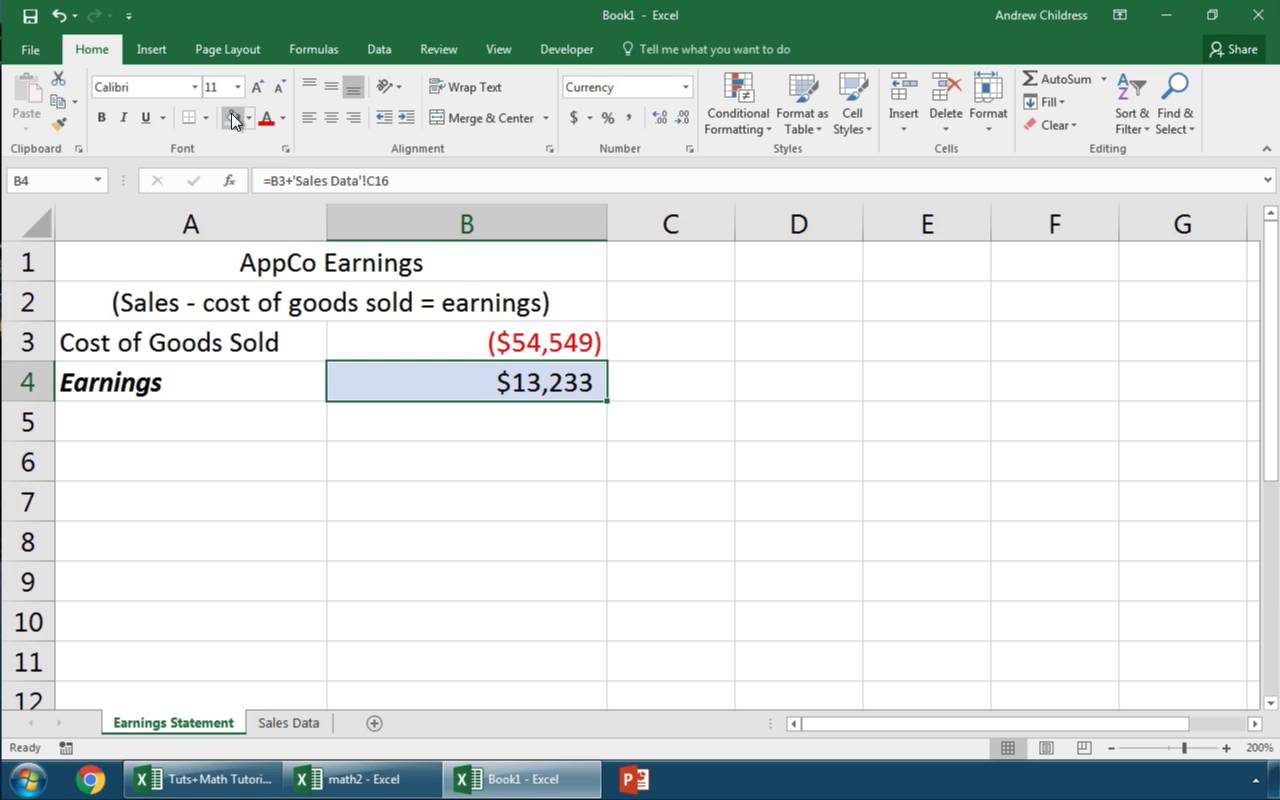5 Ways to Effortlessly Close an Excel Sheet

Ever found yourself toggling between multiple Excel sheets, desperately searching for a way to close them without causing a tab-clutter catastrophe? Excel, known for its robust functionality, might seem like a labyrinth when it comes to simple tasks like closing an open workbook. Whether you’re working on financial reports or organizing data sets, knowing how to manage your Excel sheets efficiently can significantly streamline your work process. Here are five straightforward methods to help you close an Excel sheet with ease.
1. The Classic “X” Button


The most intuitive way to close an Excel workbook is by clicking on the “X” button in the top right corner of the window. However:
- If you have multiple Excel files open, ensure you click the “X” for the specific sheet you want to close.
- Remember, if there are unsaved changes, Excel will prompt you to save or discard before closing.
⚠️ Note: Clicking the "X" on the Excel application window will close all open workbooks and shut down Excel.
2. Keyboard Shortcut Lovers: Use Ctrl + W


Keyboard shortcuts are the essence of productivity for Excel users. Here’s how to use one:
- Press Ctrl + W to close the current active workbook.
- This command works for both Excel on Windows and Mac (use Command + W for Mac).
3. Excel’s Ribbon Command


The ribbon in Excel provides another simple way:
- Go to the File tab in the ribbon.
- Click on Close.
- If there are unsaved changes, you’ll be prompted to save or discard them.
4. Right-Click the Taskbar

Sometimes, if you’ve minimized all Excel files or have multiple sheets pinned:
- Right-click on the Excel icon in your taskbar.
- From the list of open workbooks, select the one you wish to close by clicking the X next to its name.
This method can be particularly useful when dealing with a cluttered desktop or taskbar.
5. VBA Macro Magic


For those comfortable with programming or looking to automate repetitive tasks:
- Open the VBA editor by pressing Alt + F11.
- Create a new module and insert the following code:
| ```vba Sub CloseWorkbook() ThisWorkbook.Close SaveChanges:=False End Sub ``` |

- Run this macro to close the workbook with any unsaved changes discarded or use
Truefor saving.
🛠 Note: Creating a macro can automate repetitive tasks but requires some understanding of VBA.
In conclusion, Excel provides various methods to close your workbook, each suited to different user preferences. From the simplicity of the "X" button to the efficiency of macros, there’s a method for everyone to effortlessly close an Excel sheet. This variety not only caters to your current workflow but also empowers you to discover new techniques in Excel for future efficiency.
What if I accidentally close an Excel sheet without saving?

+
Excel autosaves work by default, so you can recover your work from the AutoRecover file location, typically found under C:\Users[Your Username]\AppData\Roaming\Microsoft\Excel.
Can I close all open Excel sheets at once?

+
Yes, closing the Excel application by clicking the “X” on the main Excel window will shut down all open workbooks. Alternatively, a VBA macro could be written to automate this process.
Is there a way to close Excel without prompts?

+
You can use VBA to close the workbook without prompting to save changes. Use ThisWorkbook.Close SaveChanges:=False.
How do I save my work before closing an Excel sheet?

+
Press Ctrl + S or select File > Save to save your work. Remember to check the “Save” button before closing the workbook manually.
What’s the best practice for managing multiple open Excel sheets?

+
Organize by minimizing sheets not in use, using keyboard shortcuts for quick toggling, and consider using a VBA macro to automate workbook management.



